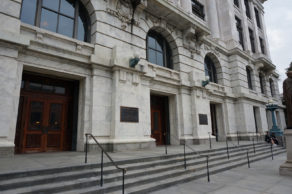Plaisance Law is regularly hired to just handle an appeal or a writ application. One such case was that of Stevenson, et al v. Progressive, et al. The trial attorney had attempted to fax file a petition for damages on the last day of prescription. The transmission, and several subsequent attempts, failed. Little did the trial counsel know that the Terrebonne Parish Clerk of Court had a practice of shutting off its fax machine “around” the close of business each day. Effectively, the trial counsel was prevented from exercising a legislatively permitted method of filing a petition. The trial counsel filed the petition the next day, technically one day late.
The defendants filed an exception of prescription, arguing that the filing was untimely. The trial court agreed and maintained the exception of prescription. The First Circuit, on appeal, affirmed. Plaisance Law was hired by the trial counsel to file a writ application with the Louisiana Supreme Court.
Plaisance Law’s writ application was granted, and the court ordered briefing on the merits. In January 2020, Marcus J. Plaisance had the privilege of arguing the case before the Louisiana Supreme Court.
In arguing the lower courts had erred, we presented the Louisiana Supreme Court with the following question: Are Clerks of Court empowered to shorten prescriptive periods by shutting off their fax machines at close of business?
We argued they are not, and the Supreme Court agreed, finding that “[w]e cannot allow a unilateral policy or rule set by an individual clerk of court to affect prescription. The same prescriptive period must be available in every judicial district of the state.”
To read the case, click here: https://www.lasc.org/opinions/2020/19-0637.C.OPN.pdf


